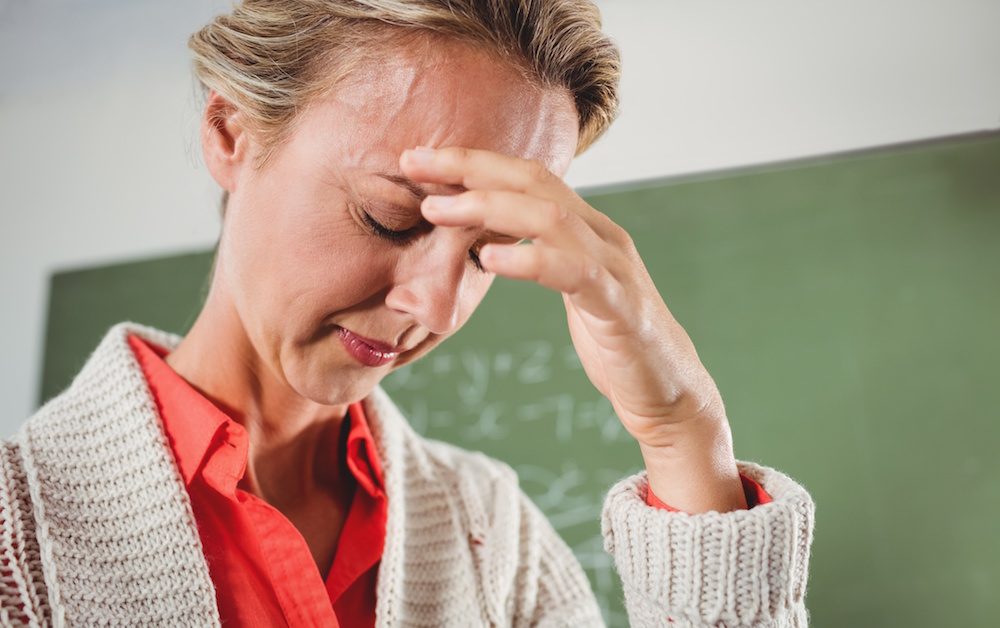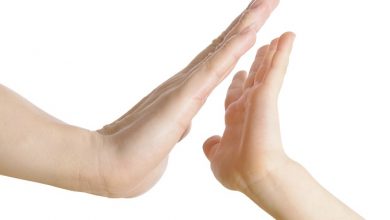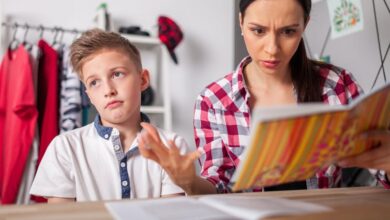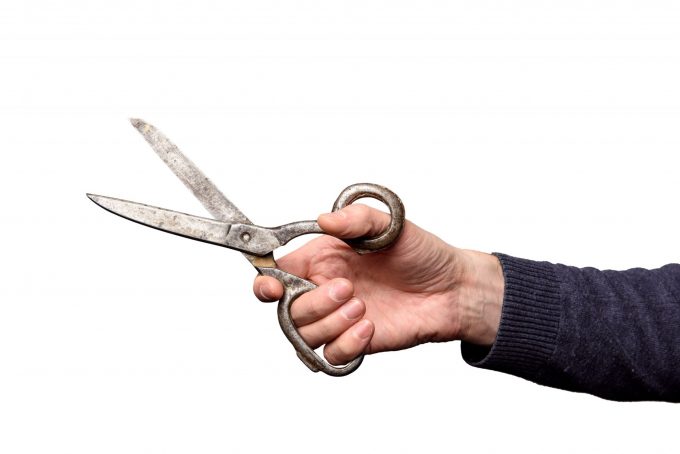Using schools to remedy recycling misinformation
Despite years of education campaigns, many Australians are still wrong about recycling.
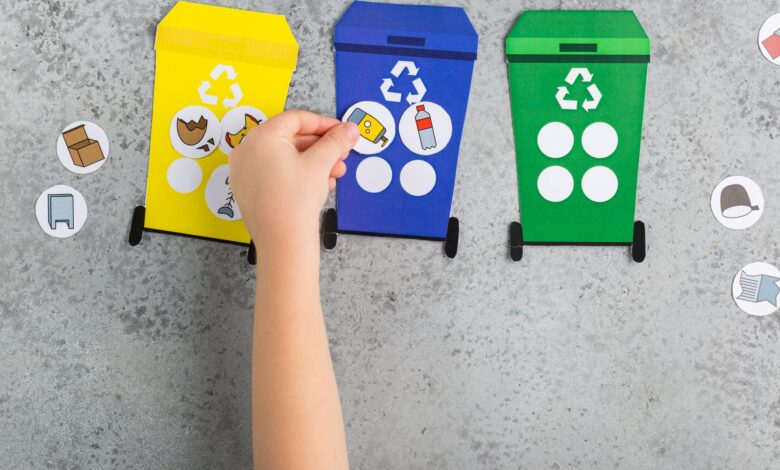
What we all know as the ‘yellow’ bin, the household bin for recycling that we dutifully wheel out each fortnight, has been a part of the kerbside landscape for more than three decades.
Read the latest print edition of School News HERE
Introduced and managed by local councils, yellow recycling bins were provided to households in the late 1980s and early 1990s. It is something that every generation from the Millennials to the Alphas have grown up with, yet recent research from Planet Ark has found that major misunderstandings still exist.
History of Recycling in Australia
Even before the yellow-lidded bins were introduced in the latter part of the 20th century, Australians had already been recycling for many years. Paper was the first item considered valuable enough to be recycled, and as early as 1815 when the first recycled paper mill opened in Melbourne, old rags and fabric were collected to be processed into paper. Melbourne was the first city to begin extensive paper recycling in the 1920s.
The Great Depression in the 1930s forced everyone to become creative about reusing and repurposing items, while during World War 2, shortages in many resources again focussed the government’s efforts to develop recycling initiatives.
However, when the shortages were resolved at the end of the War, the impetus to recycle dropped away. It was another three decades before technology was developed that allowed more materials to be recycled, with the first recycling centre for plastic materials opened in 1973, in the US.
Community education about recycling began in earnest along with the delivery of kerbside recycling bins in the 1980s and 1990s but despite its prominence in our lives, household recycling makes up only about 13% of Australia’s total recycling. The bulk comes from businesses, industry and construction.
Widespread misunderstandings
New research released by Planet Ark has uncovered a widespread misunderstanding among Australians about what happens to their recycling. They report that one in three of the people surveyed (31 per cent) believe that most items in their recycling bins end up in landfill.
“This misconception stands in contrast to reality,” say Planet Ark. “Most correct items placed in recycling bins successfully [are] processed and recycled. Approximately 80 per cent of all items placed in household recycling bins are recycled, with about 14 per cent not recycled due to being contamination (items that shouldn’t be placed there in the first place). Only the remaining six per cent is not recycled due to breakage or process inefficiencies.”
The research suggested that the misunderstanding that much of their recycling ends up in landfill is a major reason why some people don’t make an effort, but that when people have the correct information about the success of recycling efforts, more people are motivated to recycle.
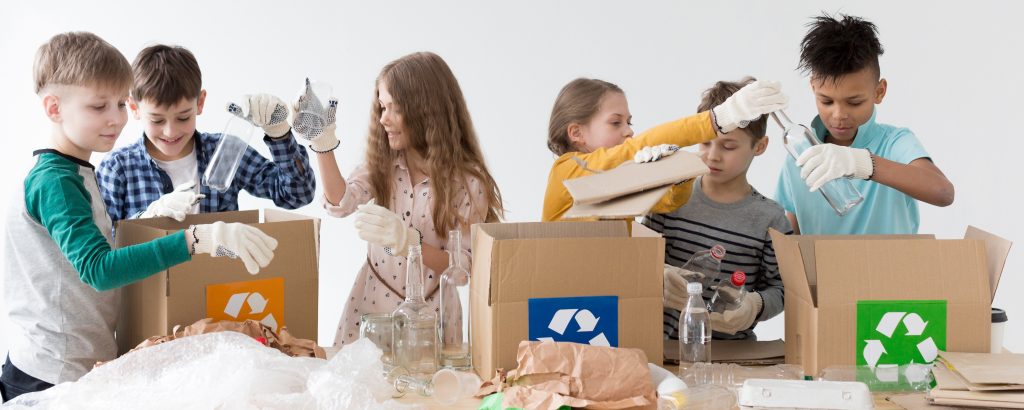
Rebecca Gilling, Planet Ark CEO, expressed concern that the persistence of these myths and the mistrust they cause, impedes progress on the significant waste challenges Australia faces.
Read more about teaching sustainability HERE
“It’s vital that Australians know their efforts to recycle do make a difference. The vast majority of correctly recycled items do not go to landfill, and the system in place is effective at recovering valuable resources, reducing greenhouse gas emissions and cutting down on the need for raw material extraction,” she said.
National Recycling Week, which runs this year from November 11 to 17, provides schools with an important opportunity to dispel myths about recycling. Children are a conduit to the wider community and can help educate others.
“Young people are becoming climate change educators,” said Dr Blanche Verlie, a climate sociologist, in a news release from the University of Sydney. “They have been teaching themselves and others, from their peers, to parents, teachers, communities, politicians, and scholars. Students must navigate complex political terrain in order to fight for their futures. Given all of this, we need to reimagine education in these climate-changing times.”
What can schools do to help dispel the damaging myths and misunderstandings about recycling? Share this article with students. Find out what they know. Make sure they have the correct information.
Planet Ark has a range of resources for schools available on their website including lesson plans, activities and event ideas: Schools Recycle Right – Planet Ark Recycling Near You
Read the Term 4 edition of School News online HERE

